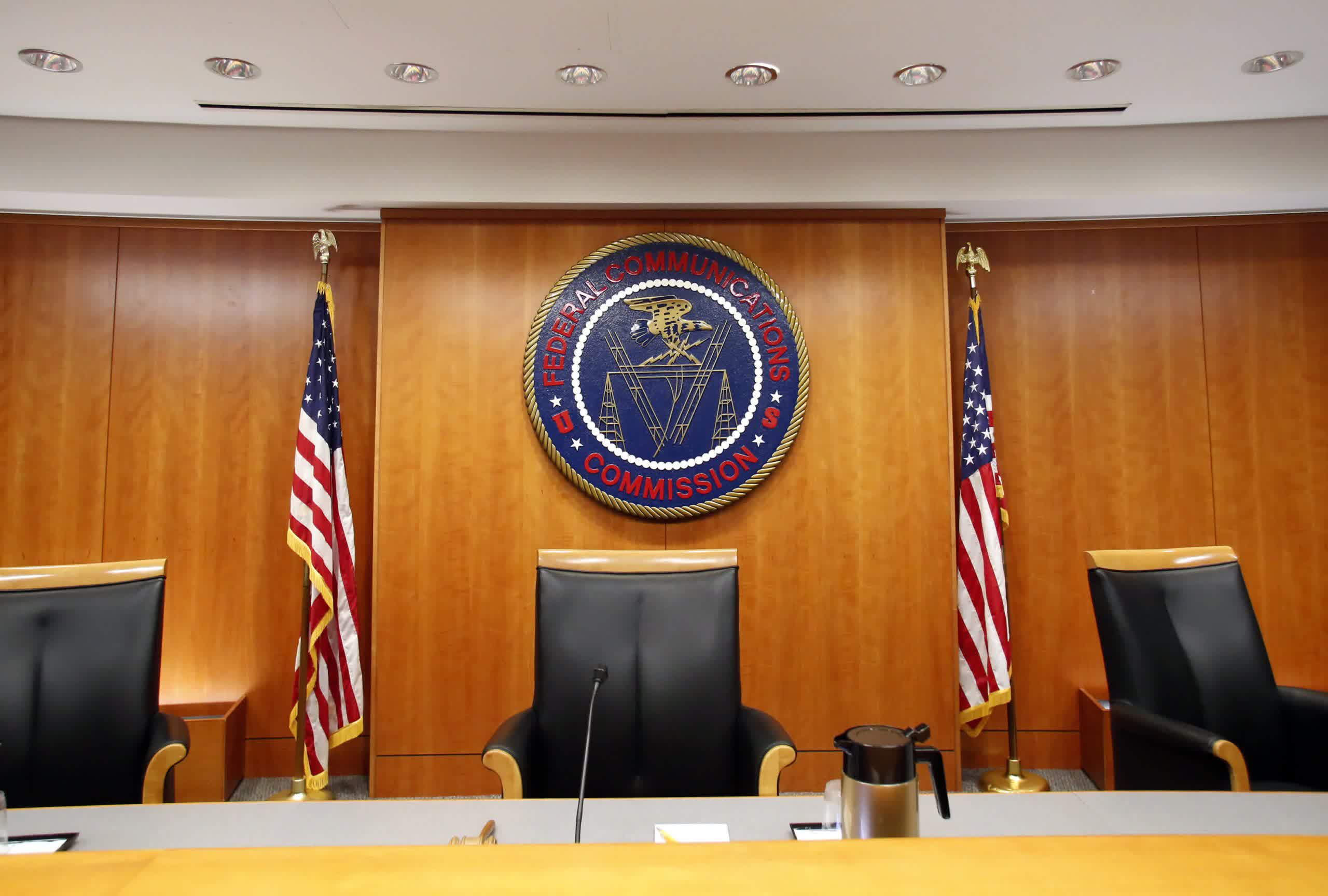Editor's take: Two years ago, when I was still living in an apartment, a Spectrum rep came to my door and made me an offer for faster internet at a lower price than I was paying with Grande. I was ready to change anyway because Grande's service was well below par. A few days later, after several calls with customer service, I discovered that I could not switch providers because Grande had a contract with the apartment owners.

My trouble in switching cable companies was not unique. Multi-unit property owners all over the country have sweet profit-sharing deals set up with cable companies. The practice stifles competition (where it exists), allowing providers to charge tenants whatever they want for substandard service. Then the landlords take a cut of the profits. It's a very shady setup.
Fortunately, the Federal Communications Commission (FCC) is stepping in to put an end to these slimy deals. In a unanimous 4-0 vote on Thursday, the FCC reaffirmed its ban on such arrangements. "Reaffirmed" because the Commission has had a ban on these "sweetheart deals" for a long time.
"The Federal Communications Commission has long banned internet service providers from entering into sweetheart deals with landlords that guarantee they are the only provider in the building," read the declaratory ruling. "But the record in this proceeding has made it clear that our existing rules are not doing enough and that we can do more to pry open to the door for providers who want to offer competitive service in apartment buildings."

The question is, what precisely will the Commission do to enforce this "new" mandate that it wasn't doing before? According to the FCC, the wording of these contracts was the loophole companies used to get around the previous exclusivity ban.
So the first thing it proposes is a "crackdown" on these contracts. Providers can still share revenue but are forbidden from entering into an "exclusive" agreement with the landlord. Other providers must be allowed the same access and opportunity without being written out by contractual stipulations. In an attempt to keep the players on a level playing field, providers also cannot increase the property owner's cut as more tenants sign on for service.
The second call is for transparency. Service providers will have to disclose upfront to customers if they have a marketing agreement with the property owners. They must make it clear that tenants do have other options.
The last move is to shore up another loophole referred to as "sale-and-leaseback agreements." This sham is where a cable provider sells the landlord the cable wiring for the building then leases it back on an exclusive basis shutting out competing companies.
"Every American should have access to high-quality, affordable modern communications services—including the one-third who live in multi-unit buildings," said Commissioner Geoffrey Starks. "For too long, millions of Americans living and working in multi-tenant environments have faced barriers to obtaining the best communications services and prices. Today's decision will remove some of those obstacles by prohibiting certain types of revenue sharing agreements, requiring plain-language disclosure of exclusive marketing arrangements, and prohibiting the sale-and-leaseback of buildings' inside wiring."
https://www.techspot.com/news/93468-fcc-approves-ruling-ban-shady-revenue-sharing-deals.html